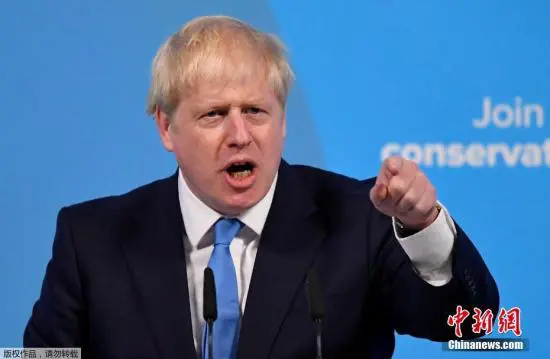French President Francois Hollande arrived in Israel Sunday on his first official visit to the country for discussions on Iran's nuclear plan and the world's efforts to prevent it from possible militarization.
Hollande, who is accompanied by some members of his cabinet, will stay in Israel for three days during which he will meet with Israeli Prime Minister Benjamin Netanyahu, Israeli President Shimon Peres and Palestinian President Mahmoud Abbas.
He was officially received by Israeli officials after France reportedly displayed a tough stance toward Iran in its talks with the P5+1 group in Geneva and prevented the two sides from reaching an interim deal.
Upon his arrival at the Ben Gurion Airport near Tel Aviv, President Peres welcomed Hollande and said his visit is a " landmark in bilateral relations."
"Iran aims to take over the Middle East with nuclear weapons and long-range missiles. We stand together against this attempt hanging like a heavy shade over the Middle East's skies and the skies of the entire world," Peres said, according to a statement by his office.
Hollande, for his part, said that he will "always remain a friend to Israel" and said his country is committed to preventing Iran from achieving nuclear weapons.
"France will not surrender to this threat, will not give up and would do anything for peace and for Israel's security. As long as we are not absolutely certain that Iran has given up nuclear weapons, we will keep our stance unchanged," he said.
Hollande arrives in Israel amid the renewed contacts between the P5+1 nations -- Britain, the United States, France, China, Russia plus Germany -- and Iran in Geneva, which may result in a historic agreement.
In the last round of talks a week ago, France presented a hard- line approach echoing the stance of Netanyahu, who warned against a "bad deal" which would on one hand decrease the pressure of sanctions and on the other hand allow Iran to carry on with its uranium enrichment.
French Ambassador in Israel Patrick Maisonnave said on Wednesday that France had convinced the other world nations to adopt its hard-line stance against the Iranian nuclear program in the talks in Geneva.
Another testament to Israel and France' growing closeness can be viewed in an interview published this weekend with Netanyahu on the French "Le Figaro" newspaper, in which the prime minister said he "hopes France won't weaken its stance" and that he "salutes France's determined stance on the Iranian nuclear issue."
On Wednesday, Netanyahu will leave for Russia to discuss the Iranian nuclear issue with President Vladimir Putin. On Friday, U. S. Secretary of State John Kerry will visit Israel to discuss the same matter amid mounting tensions on the matter between the two countries.
 简体中文
简体中文

